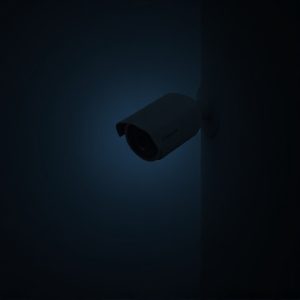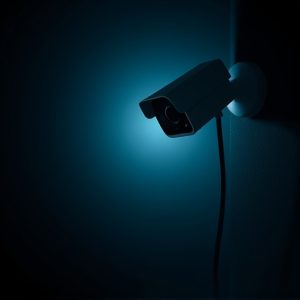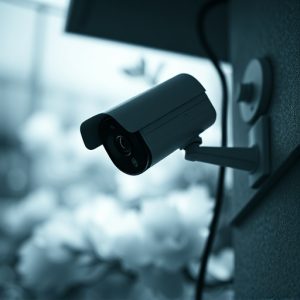Hidden Security Cameras: Benefits, Risks, and Legalities Unveiled
Hidden security cameras, disguised as everyday objects like clocks or plants, offer discreet surveil…….
Hidden security cameras, disguised as everyday objects like clocks or plants, offer discreet surveillance with features like video/still image capture, night vision, and motion sensors. Popular for home and business security, they deter intruders and provide evidence but raise privacy concerns, especially in public areas or workplaces. Illegally using hidden cameras is punishable, emphasizing the need for clear regulations to balance security needs with individual privacy rights. The debate surrounding hidden surveillance underscores the importance of responsible deployment practices and robust regulatory frameworks to prevent abuse.
Hidden security cameras, often referred to as covert or concealed cameras, offer a discreet way to enhance surveillance. This article explores the fundamentals of these advanced devices, their benefits and drawbacks for residential and commercial security, and the legal and ethical boundaries surrounding their use. Discover how hidden cameras can fortify safety measures while navigating potential pitfalls and privacy concerns.
Understanding Hidden Security Cameras: The Basics
Hidden security cameras, also known as spy cameras or covert surveillance devices, are designed to operate discreetly and capture footage without raising suspicion. These cameras can be integrated into everyday objects like clocks, power sockets, smoke detectors, or even plants, making them nearly invisible to the naked eye. They offer a level of discretion that traditional security systems lack, allowing for remote monitoring and recording from virtually any location.
The basic functionality involves a hidden lens that captures video and/or still images, which can be transmitted wirelessly to a receiver or stored locally on a memory card. Many modern models come equipped with night vision capabilities, motion sensors, and audio recording features, providing comprehensive surveillance solutions. Their versatility makes them popular for various applications, from home security and business monitoring to evidence collection and criminal investigations.
Pros and Cons of Using Hidden Cameras for Home and Business Security
The use of hidden security cameras has gained significant traction for both residential and commercial security, offering a discrete yet powerful tool in surveillance. One of its primary advantages is enhanced peace of mind—hidden cameras can deter potential intruders, as they may not be immediately aware of being recorded. This is particularly beneficial in remote areas or for properties with valuable assets, providing evidence in case of break-ins or thefts. Additionally, these cameras offer 24/7 monitoring capabilities, allowing businesses and homeowners to keep an eye on their premises from afar.
However, there are concerns regarding privacy and ethical considerations. The very nature of hidden cameras means they capture footage without the knowledge of individuals in the vicinity, raising questions about consent and personal freedom. This is especially sensitive in public spaces or areas where employees may feel they’re being constantly watched, potentially impacting morale and productivity. Moreover, illegal use of hidden cameras can lead to serious legal repercussions, emphasizing the need for clear regulations and responsible deployment practices.
Legal Considerations and Ethical Implications of Hidden Surveillance
The deployment of hidden security cameras raises significant legal and ethical concerns, especially as their use becomes increasingly prevalent in both public and private spaces. In many jurisdictions, there are strict regulations regarding privacy rights and the use of surveillance technology. For instance, some countries mandate that individuals must be informed about the presence of cameras, providing transparency and consent for data collection. Non-compliance with these rules can lead to severe legal repercussions, including fines and lawsuits.
Ethically, hidden surveillance invites debate on the balance between security and personal privacy. While advocates argue that it deters crime and enhances public safety, critics contend that it invades individual autonomy and fosters a culture of distrust. The potential for abuse, such as excessive monitoring or unauthorized access to sensitive data, underscores the importance of robust regulations and oversight mechanisms to ensure responsible use of hidden security cameras.


